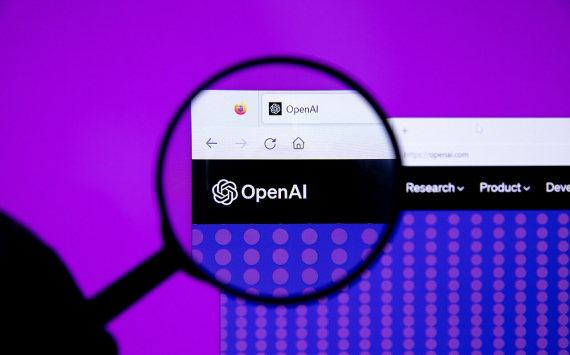
Legal Storms and News Transformations
In a groundbreaking move, OpenAI and Axel Springer, the global news publisher, have unveiled an unprecedented partnership. This collaboration enables ChatGPT to provide succinct summaries of news stories from leading outlets like Politico and Business Insider. The announcement, made on Wednesday, signifies a pivotal moment amid the growing legal scrutiny faced by companies behind popular generative AI tools.
Navigating Legal Challenges in the AI Landscape
Publishers, artists, writers, and technologists are increasingly exploring legal avenues against companies utilizing their content in training data for AI tools. Notably, renowned figures such as John Grisham and George R.R. Martin filed a lawsuit against OpenAI in September, alleging copyright infringement.
Transformative Features of the OpenAI-Axel Springer Deal
Upon implementation, users engaging with ChatGPT will experience an enhanced dimension. The AI will adeptly address queries by delivering concise summaries sourced from well-established media channels like Politico, Business Insider, Bild, and Welt. Importantly, these summaries may encompass content typically accessible only to subscribers. In an effort to boost transparency, the responses will feature accurate attribution and direct links to the complete articles.
Building on Previous Collaborations
This partnership follows OpenAI's July deal with the Associated Press, securing access to license the AP's extensive news archive for training data. Axel Springer, in turn, will contribute content from its media brands to fuel OpenAI's large language models, including the formidable GPT-4, a key component in the functionality of ChatGPT.
Industry Insights and Research Findings
In October, the News Media Alliance, a trade group representing over 2,200 publishers, released research findings. The data suggests a significant reliance on publisher content in the training datasets of popular AI models. The weight of publisher content surpasses generic web material by a factor ranging from over five to nearly 100.
















































